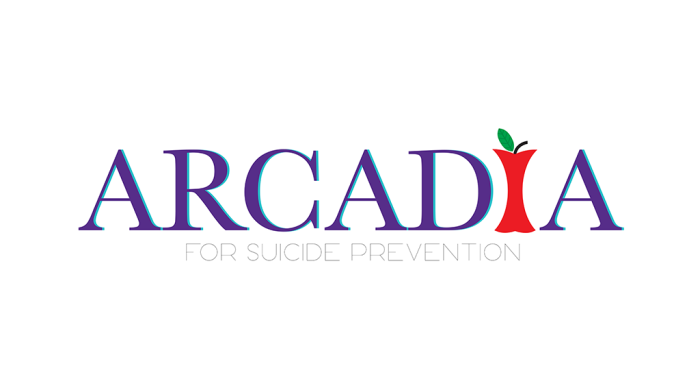
Physical and behavioral health, as it relates to social-environmental factors and developmental considerations, is a key focus at IHDSC. Using a variety of methods, IHDSC affiliates examine health risks, behaviors, and protective factors that support the well-being of children, youth, and adults. Projects range from buffering the negative effects of toxic stress on child development, studying the connection between nutrition and obesity-related cancer, developing strategies to prevent falls in older adults, and understanding the complexities of mental health in diverse cultural contexts.
For a full list of our affiliates, please visit our Faculty Affiliate Network page.








